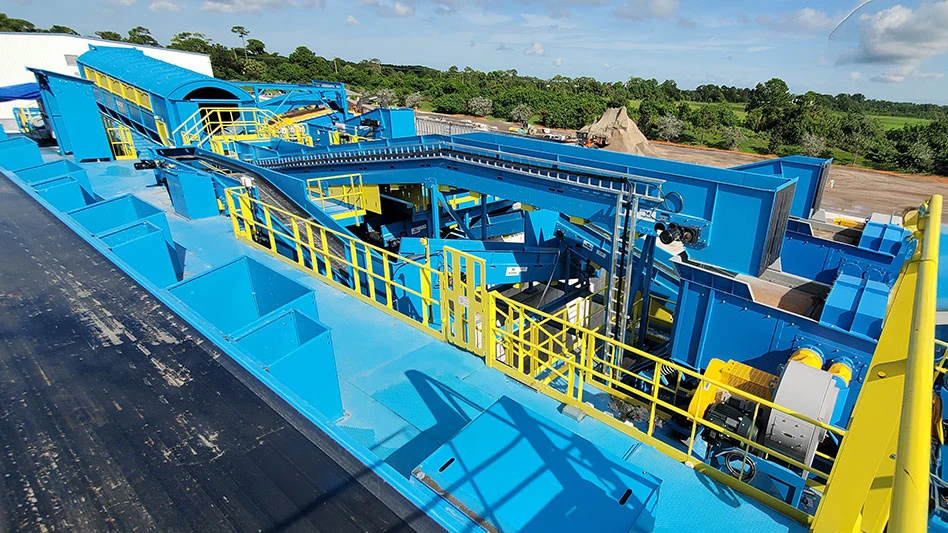
Photo courtesy of Dreamstime
Despite some concerns about the ability of the combined staff of the city of Denver and Little Dumpsters to manage an increased collection burden, Denver City Council approved a contract Dec. 5 with the local hauler to help expand the city’s collection program.
The contract will help the city establish its “pay-as-you-throw” program under which residents will pay based on the volume of their trash while receiving weekly composting and recycling collection at no extra charge. The program is scheduled to start in January.
The city’s $13.5 million, three-year deal with the Elizabeth, Colorado, company will enable the city to expand collection to include weekly recycling, trash and compost collection for all customers, monthly large item collection and other programs offered seasonally.
According to the terms of the contract, Little Haulers will collect the southeast area of the city.
Denver Department of Transportation and Infrastructure (DOTI) officials faced a few questions from city council members in light of a report from the city auditor raising concerns about the city’s preparedness to expand its collections.
“The audit found the Solid Waste Management Division lacks strategic guidance and quality data, has an aging fleet of waste collection trucks and does not have enough staff for its current operations,” Denver Auditor Timothy O’Brien states in a Nov. 17 letter.
Councilman Kevin Flynn asked DOTI officials for an update on the status of the Solid Waste Management Division’s readiness during the meeting.
Jessica Lally, project manager for DOTI, updated Council on the Solid Waste Management Division’s preparation.
“We’re actually about 98 percent staffed for the drivers that we need for weekly recycling come January,” she said. “This contract will only help us in rolling out our compost services, as well, for 2023.”
DOTI also responded to concerns raised in the auditor’s letter in a point-by-point response.
Flynn also asked how many more trucks Little Dumpsters would need to buy or rent by January.
Lally said the company needs to buy eight more trucks, seven for each of its routes and one extra. The company also plans to hire eight more operators.
The city plans to charge $9 per month for 35-gallon trash carts, $13 per month for 65-gallon trash carts and $21 per month for 95-gallon trash carts. Each of those service levels also includes weekly recycling and compost collection, the city says on its website. The services are offered to single-family homeowners and dwellers in apartment buildings with up to seven units.
After Lally said Little Dumpsters has a top pay rate of $36 an hour, Flynn asked whether that could present a problem.
“Our top range is $32. Do we foresee an issue with our operators being paid less than the private contractor?” he asked.
Marget Medellin, deputy manager with DOTI, said the city’s compensation provides more than just the salary.
“When we talk about compensation of our workers, it’s not only the hourly rate; it’s also the benefits the city offers,” she said. “In addition, right now we are offering a $5,000 signing bonus. We think that DOTI is a great place to work.”
The city also has recently created a new classification for the city’s solid waste operators, which she said would enable the city to “compare ourselves to the private sector when we do our rate analysis.”
Latest from Recycling Today
- Greenwave raises revenue but loses money in Q2 2025
- Recycled steel prices hold steady
- EY says India’s need for scrap imports will continue
- Coming full circle
- Amcor, DCM introduce fertilizer packaging with 35 percent recycled content
- Comstock Metals gets closer to commissioning commercial-scale solar panel recycling facility
- Washington selects Circular Action Alliance as PRO
- Smurfit Westrock expands in Latin America





